How Democracy Vouchers Amplify Working Class Political Participation
By Linda Phan, Washington Bus Legislative Intern
As a low-income teenager involved in politics, I always struggle with supporting my favorite candidates financially when election season rolls around. In a capitalist society, there has always been a high correlation between money and winning. For me, if I want a candidate who advocates for affordable housing and financial literacy programs to support working class families like mine, how do I compromise my own meager earnings for the prospect of a brighter future with improved legislation?
My dilemma echoes that of other low-income Washingtonians. However, most of us can’t even worry about politics. The looming threat of unpaid bills and empty stomachs rivals the need for progressive candidates tenfold. When politicians are responsible for offering solutions to these problems, it makes sense for those directly impacted by said problems to be the most supportive of the candidates who promise to meet their needs. Yet, the financial and societal consequences of capitalism acts as obstacles in allowing marginalized people to participate in the political arena.
Democracy vouchers are a resource that can mitigate the accessibility issues surrounding electoral politics. Democracy vouchers are available to U.S. citizens, U.S. nationals, or lawful permanent residents (“green card holder”) who live in Seattle and are over the age of 18. It only requires a quick sign up to receive them with the exception of registered voters, who receive them automatically. After signing up, democracy vouchers will be mailed out on a monthly basis. Each resident who signs up will be mailed four vouchers equivalent to $25. Each voucher can go to any candidate who qualifies for the program, and apply to all City elections. In the 2021 election, this applies to candidates in the running for Mayor, City Council, and City Attorney who stay under the respective spending limits of each race. Residents can even choose to give all of their vouchers to one candidate.
With democracy vouchers, voters who have trouble accessing political participation — Black and Indigenous People of Color, youth, immigrants and refugees, the working class, and more — are able to contribute to their favorite candidates’ campaigns regardless of wealth. While other access issues remain, such as the time needed to adequately research candidates, democracy vouchers are one step towards including marginalized communities in political decisions. In the future, I hope other governments follow Seattle’s example in supporting efforts to ensure that the ability to support campaigns is equitable and representative of all voters.

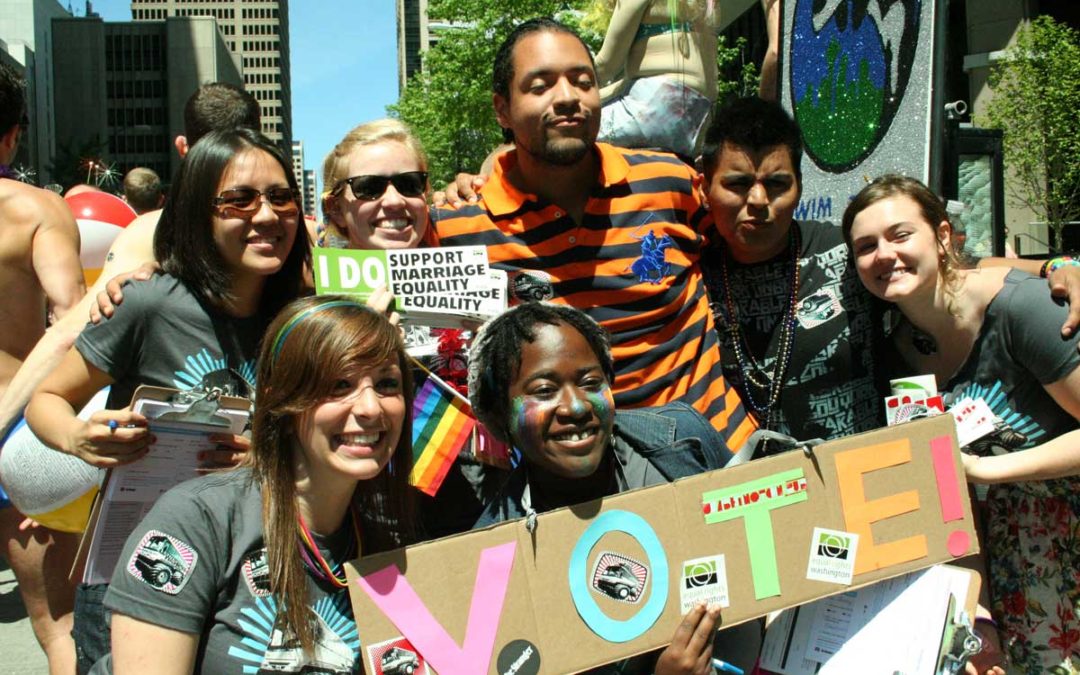
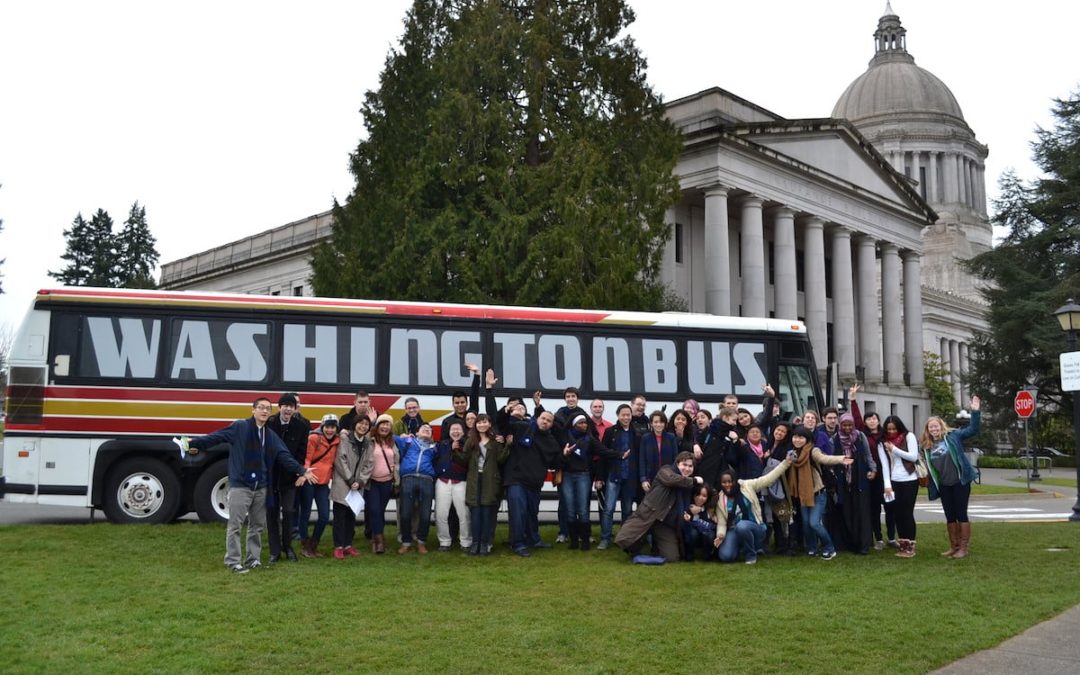
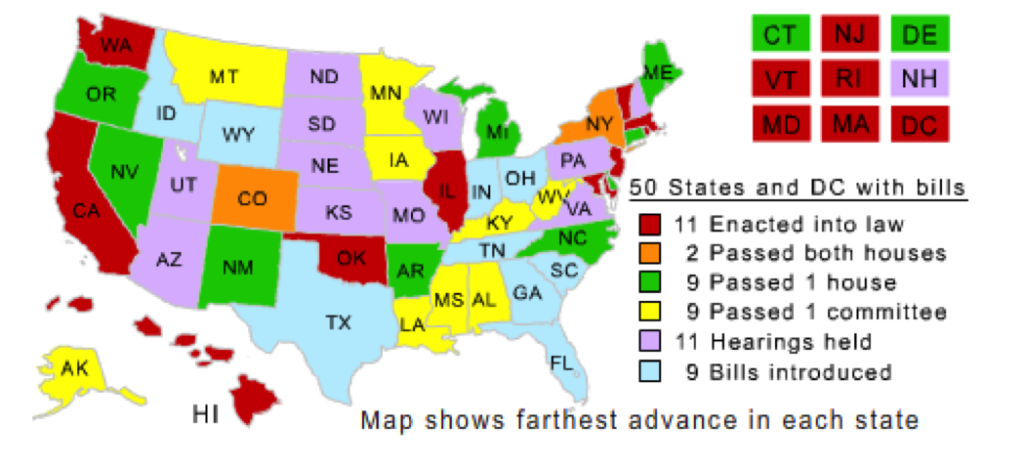
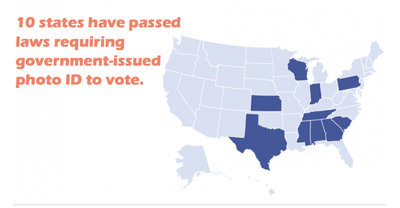
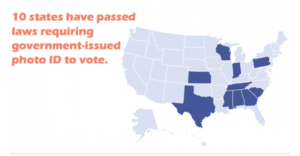


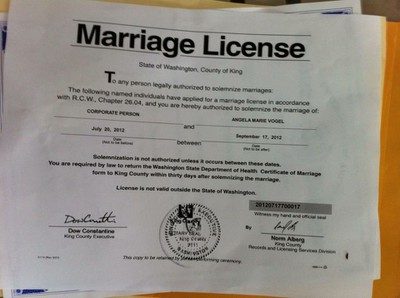
 Til death do her part.
Til death do her part.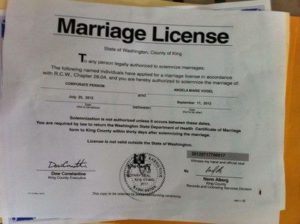 “If they were to reject the license, they would be facing a lawsuit from Corporate Person, and the city shouldn’t waste money defending yet another lawsuit,” said Reifman.
“If they were to reject the license, they would be facing a lawsuit from Corporate Person, and the city shouldn’t waste money defending yet another lawsuit,” said Reifman.